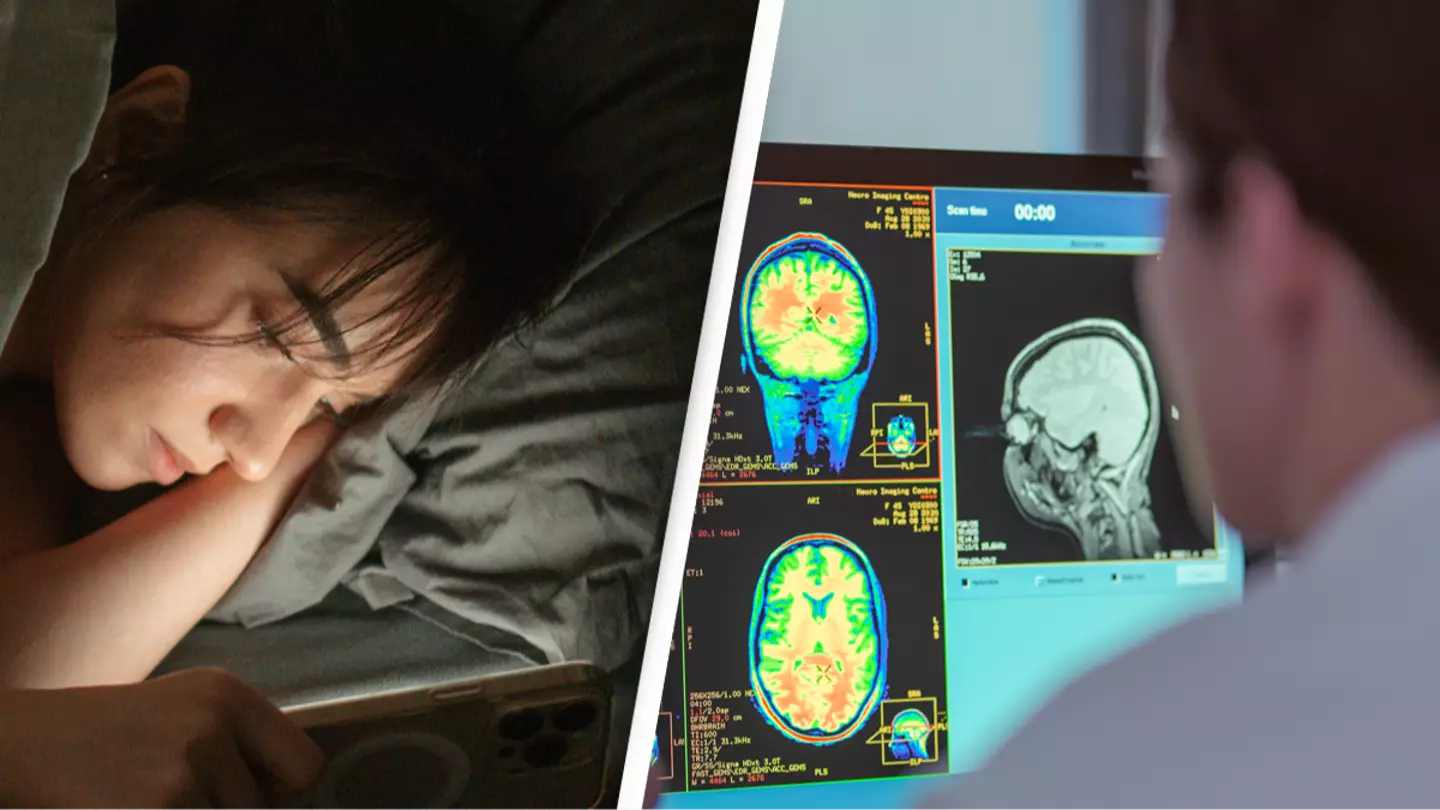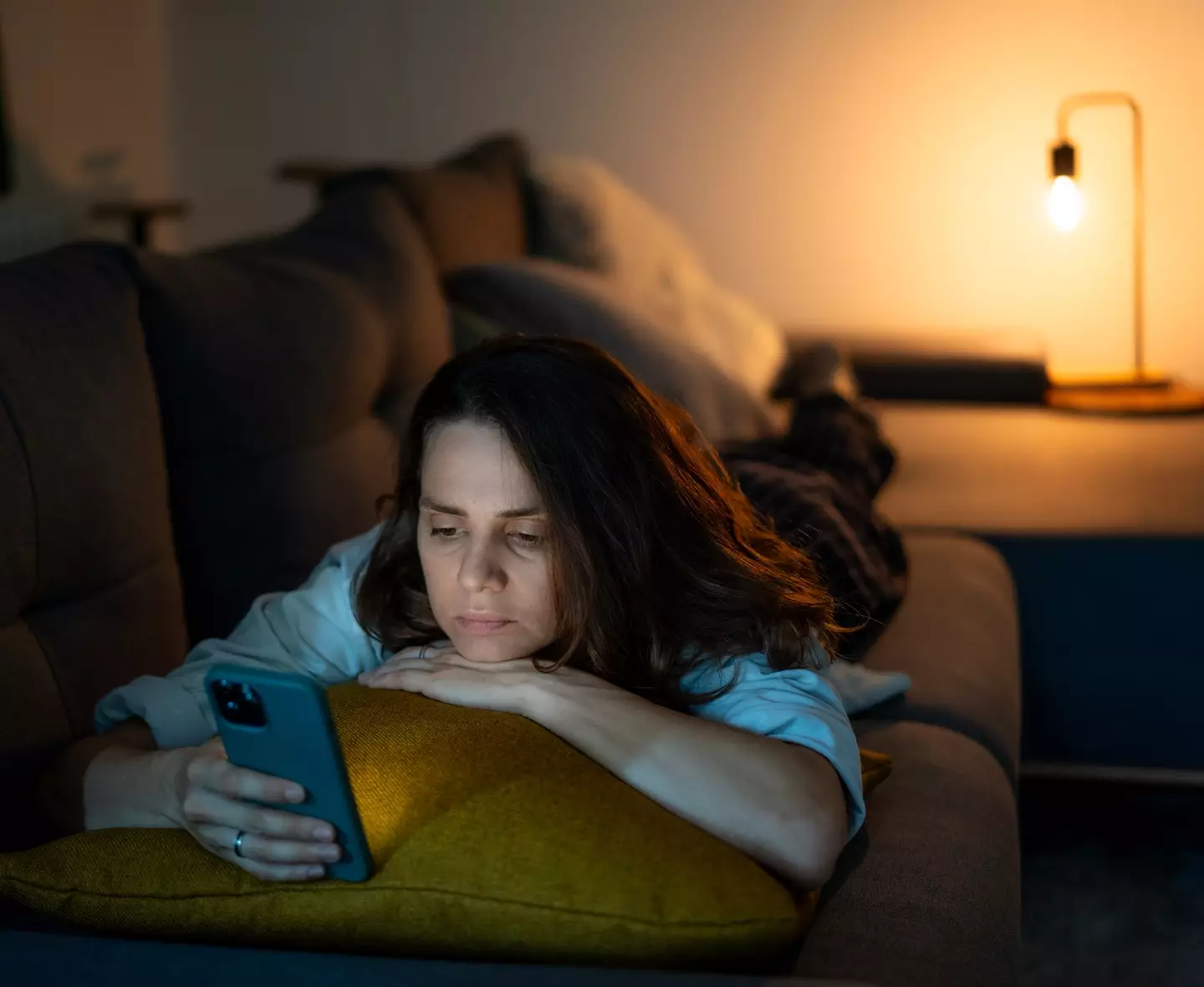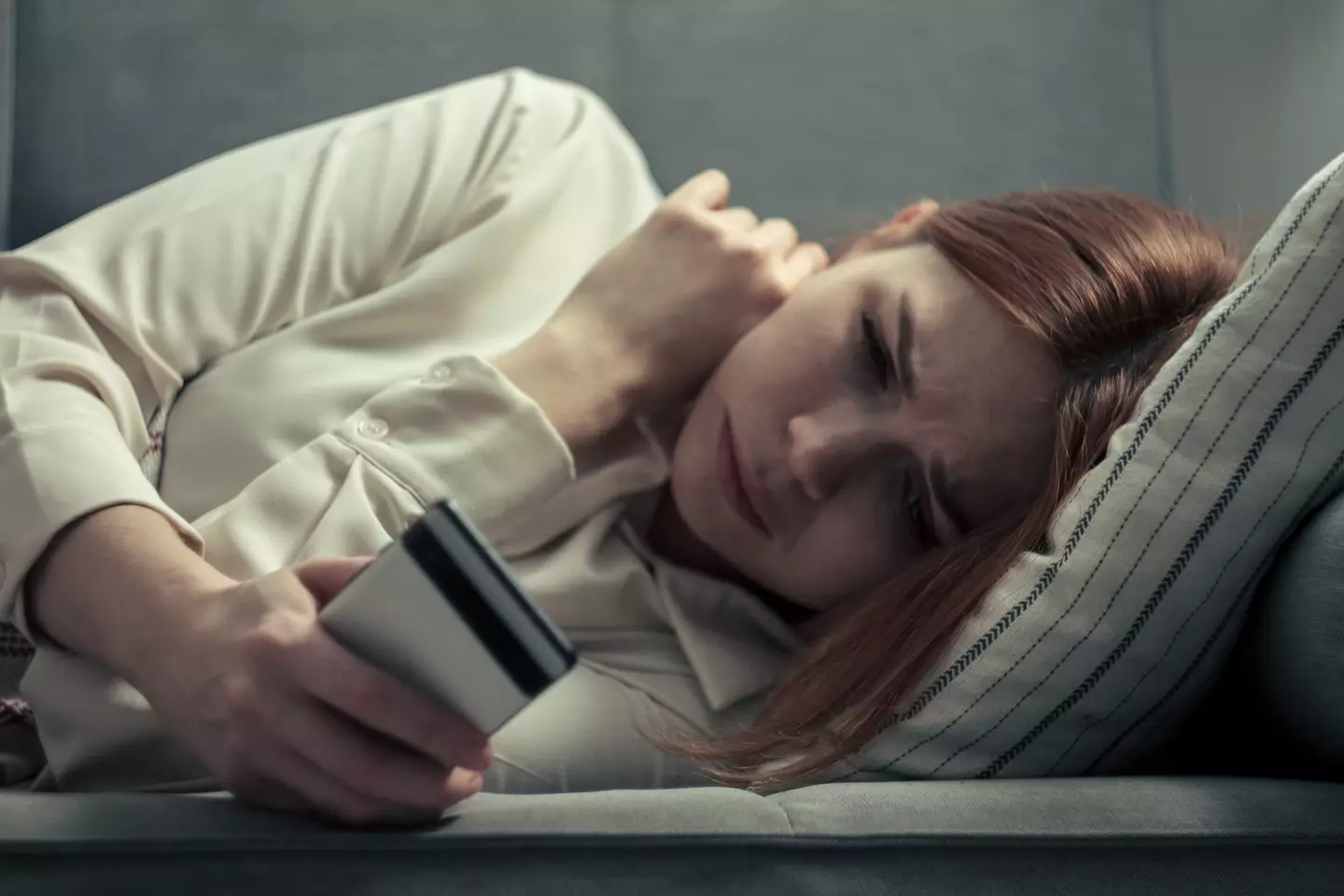
How bliss would it be to spend your free time appreciating life around you, even the little things like looking out the window on your commute to work or reading a book before bed.
But no, we spend it locked-in on our phones in a zombie-like state doomscrolling on whatever platform you prefer - and really all we're watching is a load of rubbish.
Personally, I've removed access to Facebook, Instagram, Snapchat and TikTok on my phone, although I've had to download them again for work but having been off them for so long they don't get touched as I know what would happen - I'd scroll for hours.
Advert
Instead, I stupidly now do the exact same but over on YouTube with the streaming platform also buying into short videos on an endless loop. But we just can't not go on them, can we? If we go to the loo we've got to be equipped with our phones - it's like a disease we can't shake.
So, what would happen to your brain if by some miracle you do manage to exile yourself from social media?
Expert on the matter Ana Lembke, who specializes in addiction medicine and has even wrote a book on the matter titled Dopamine Nation: Finding Balance in the Age of Indulgence, warned that people do get addicted to social media.
She explained that something as simple as a 'like' on one of your photos on Instagram or Facebook would trigger dopamine - the brain's happy hormone.

Watching too much social media can unbalance your dopamine levels and actually lead to a depletion where you need to spend more time on your phone to feel 'normal'.
Speaking per Vijesti, she said: "A break from this social media-induced dopamine cycle can allow the brain to reset reward pathways."
Which, in turn, stops the compulsive behaviour of over-compensating to trigger dopamine.
So, how long must you abstain to reset your brain's 'reward system'?
Well, Lembke believes you should try and reach four weeks off social media but even a few days would do you a world of good. She explained that a study of 65 girls aged between 10 and 19 revealed that those that took a three-day break reported having more self-confidence.
As your brain reconfigures to lower dopamine levels, like any addiction, you'll begin to have cravings for it or become more anxious. but as the days go on it will get easier.

Co-author of The Social Media Detox, published in the National Library of Medicine, Sarah Woodruff revealed that she found that the girls involved in the study felt a 'sense of disconnection', but speaking in a WhatsApp group with others 'made them feel less alone'.
As part of her research, 31 young adults completed a two-week social media detox whereby their usage was limited to just a half hour each day.
"We can use that time to take a step back and become more aware of what we're doing on social media and whether it's benefiting us," says Woodruff.
While part of her abstract for the study read: "In conclusion, the findings of this exploratory study provide initial support for the use of social media digital detoxes, suggesting that limiting usage can have beneficial effects with regards to smartphone and social media addiction, as well as many other health-related outcomes."
Topics: Social Media, Mental Health, Technology, Health, Science